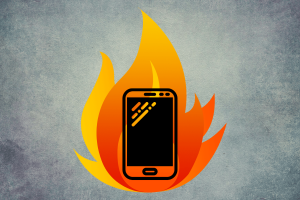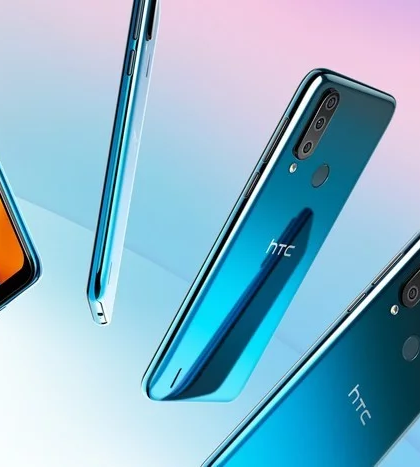
We’re a nation that takes pride in finding substitutes for things instead of replacing them. We fondly call them jugaad, a word unique to India. Yet, we’ve somewhat failed to learn when to let things go, because they become unreliable once used beyond a certain limit. Sadly, such an untrustworthy jugaad led to the loss of life of a teenager in Thailand.
17-year-old Nong Ying from Chaiyaphum, Thailand passed away in her sleep when a semi-functional charging cable of her mobile was left exposed. The smartphone’s cable was fixed using adhesive tape, yet, it still left a few broken wires exposed. Nong Ying made the same mistake a lot of us make during bed time. We keep the phone close while it’s charging overnight. In Nong Ying’s case, the broken cable made contact with the iron bed’s frame, leading to the electrocution.
Boonpeng Tuponchai, Nong Ying’s mother found her daughter taking a longer nap than usual. She recounts the horror, “I thought she was sleeping. But when I touched her body, I felt a slight electric shock.” Tuponchai rushed and turned off the charger instantly. Unfortunately, Nong Ying was already dead by then.
Such bedside mobile electrocution cases have happened before too. In 2016, a Mexican teenager lost her life due to a power surge. She was sleeping with her broken earphones on while the smartphone was charging.
Knowing when not to use a jugaad can save a life, especially when it comes to electronics. If you see a broken charger cable with exposed wires, buy a new one instead of taping it. Similarly, if your phone screen shatters, make sure you get the display unit replaced, instead of getting a Trink glass placed over it.
After all, a human life is worth more than a Rs 200 Mini-USB charger.










